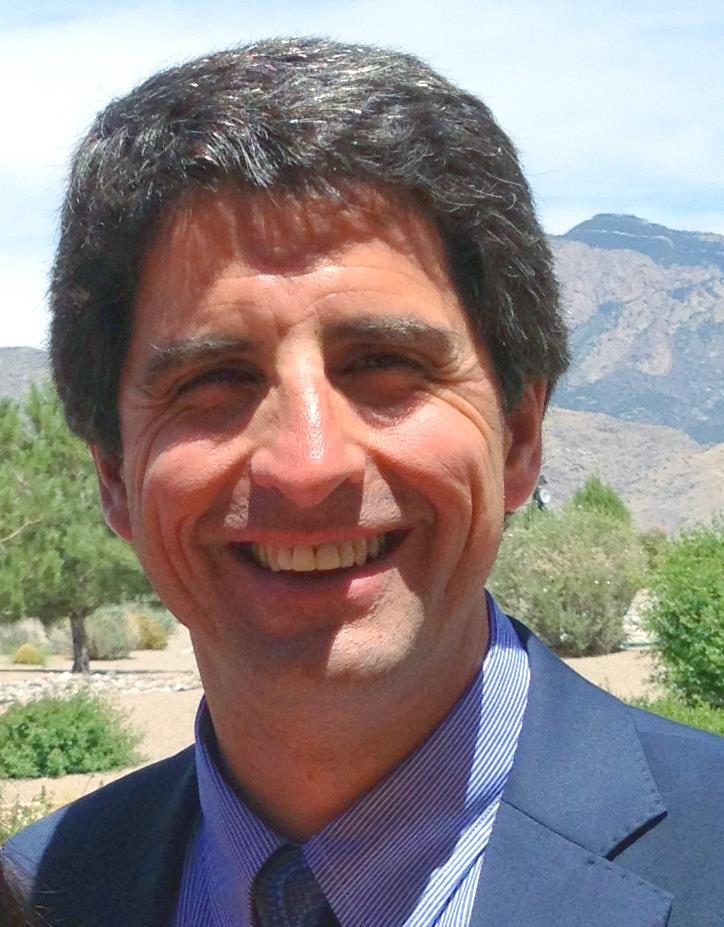OIDA Sponsored Webinar: How to Choose the Right Diffraction Grating for Pulse Compression
19 May 2021 11:00 - 12:00
Eastern Time (US & Canada) (UTC -05:00)Diffraction gratings are critical components for most Chirped Pulse Amplification (CPA) laser systems. There are many different grating types (metal, all-dielectric, and hybrid metal-dielectric reflection gratings, as well as transmission gratings), and equally as many trade-offs relating to diffraction efficiency, spectral and angular bandwidth, polarization, laser-induced damage threshold (LIDT), and temporal dispersion, to name a few. Choosing the right grating for a given laser system can be very confusing. In this webinar we will describe how you can make the best grating selection for your laser requirements.
Sponsored By:

Speaker
 Turan Erdogan, President, Plymouth Grating Laboratory
Turan Erdogan, President, Plymouth Grating Laboratory
Turan Erdogan has been studying, teaching, and practicing optics for over 30 years. He is currently President of Plymouth Grating Laboratory, Inc. Prior to this, Erdogan was the Site Leader of Melles Griot in Rochester, New York, a leading provider of high-performance lens assemblies and optical modules for biological imaging and semiconductor metrology. He also served simultaneously as the CTO and VP of Business Development for the IDEX Optics & Photonics platform. In 2000, Erdogan co-founded Semrock, Inc., which was then acquired by IDEX in 2008. Semrock revolutionized the manufacturing of high-performance thin-film optical filters for fluorescence and Raman spectroscopy applications. Prior to Semrock, he was a tenured professor at the The Institute of Optics at the University of Rochester, where he joined in 1994. There he conducted research primarily on fiber and waveguide devices and holographic optical materials. Erdogan was also a post-doctoral researcher at Bell Laboratories, then part of AT&T. He has a Ph.D. from The Institute of Optics at the University of Rochester, and B.S. Degrees in Electrical Engineering and in Physics from the Massachusetts Institute of Technology.
The views expressed in this webinar do not reflect those of OIDA and The Optical Society.
